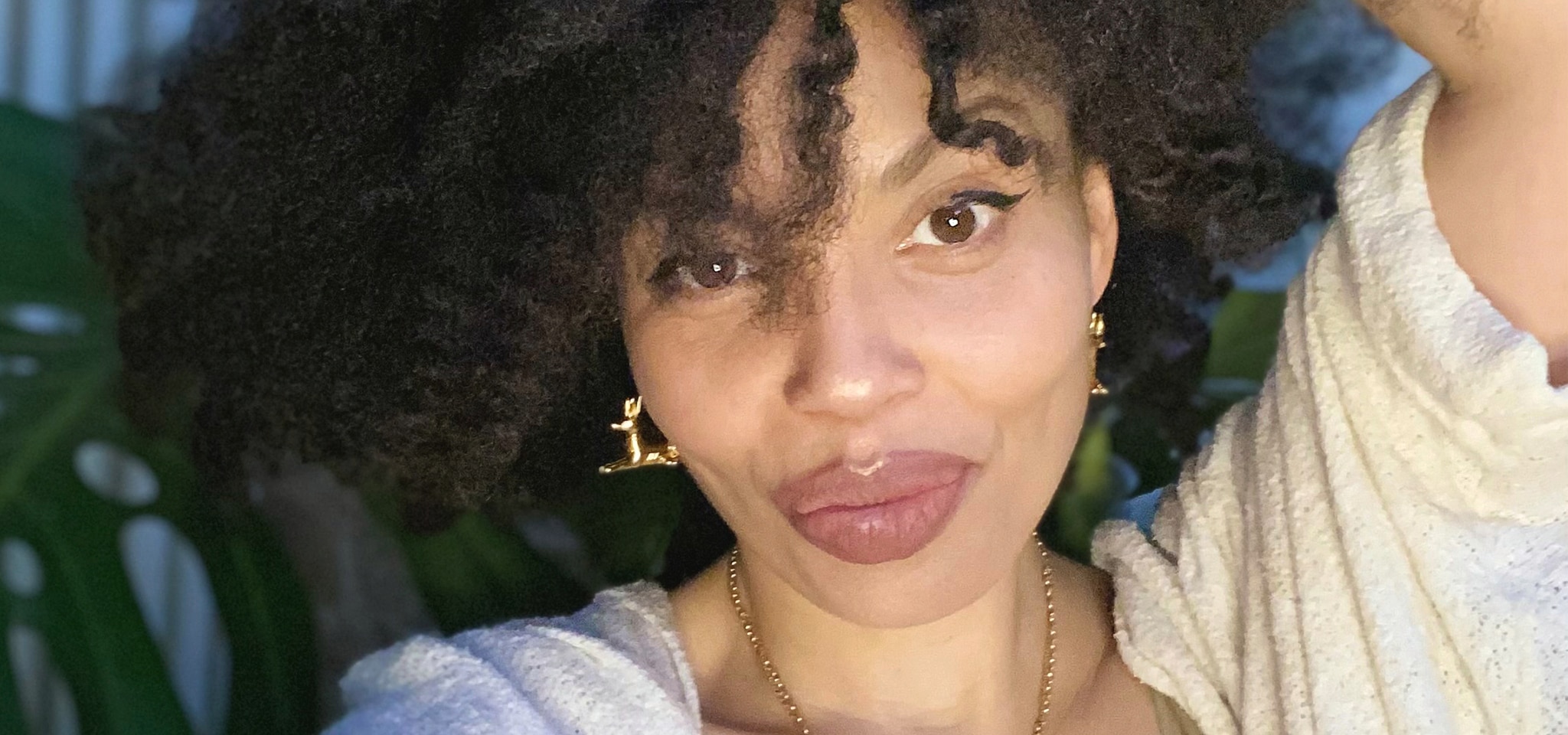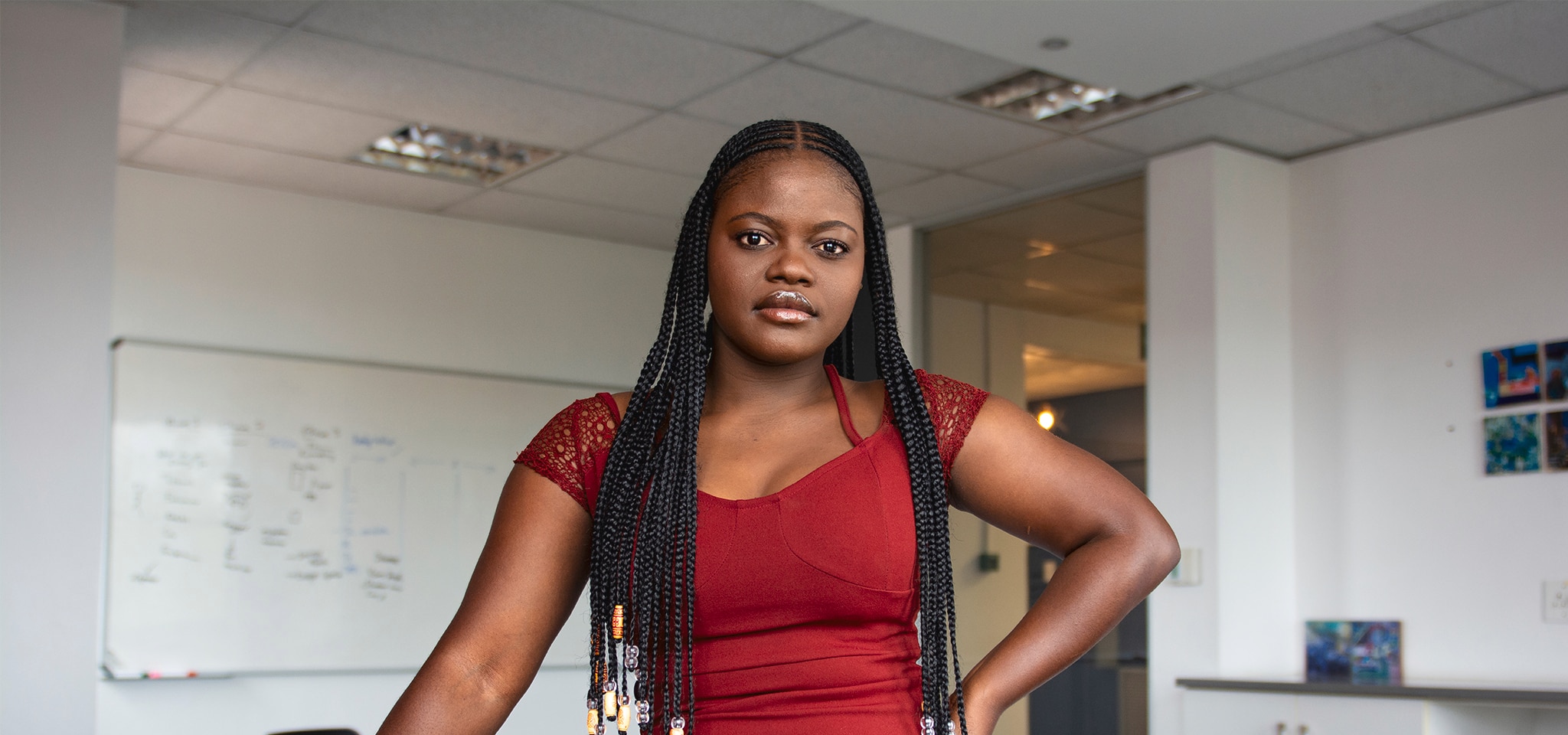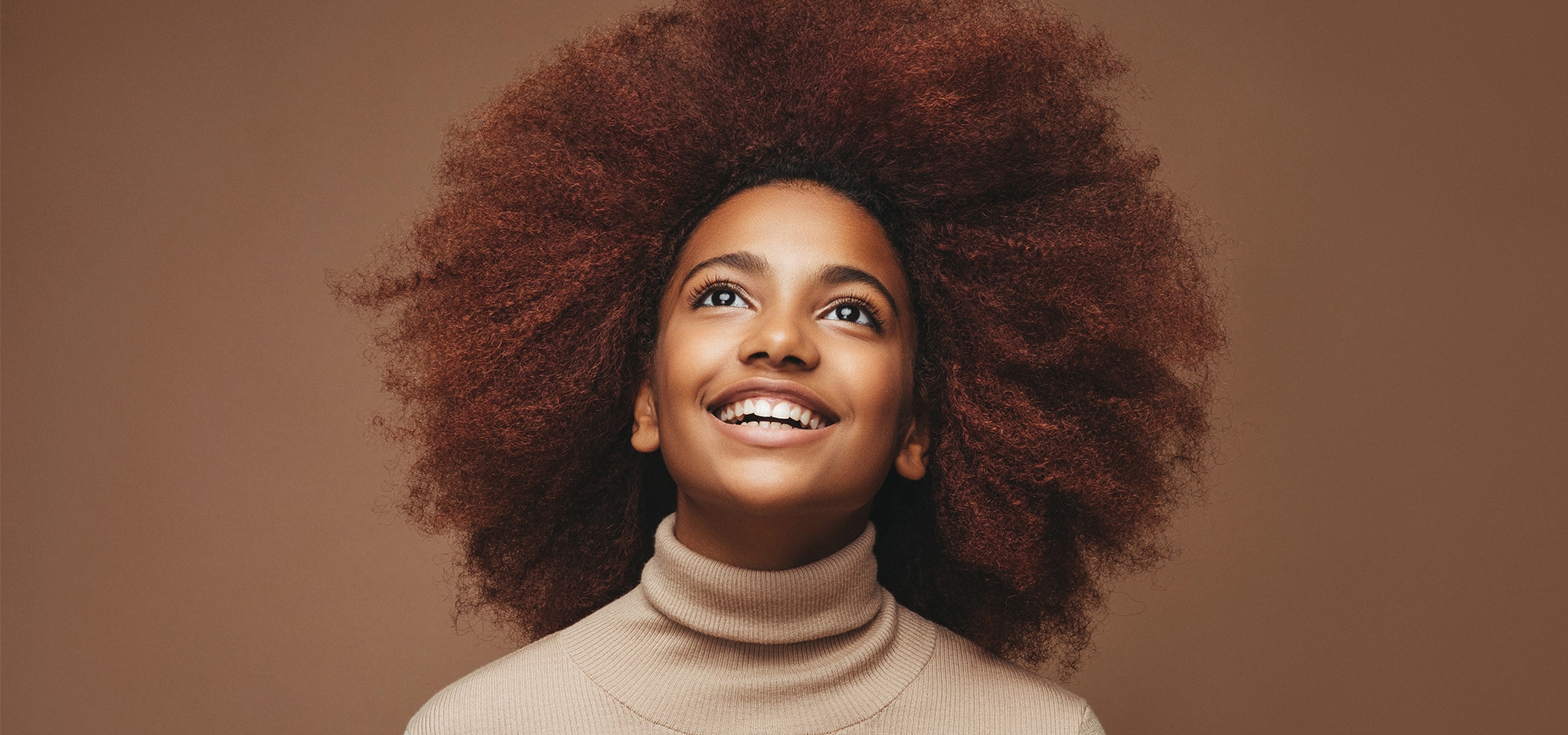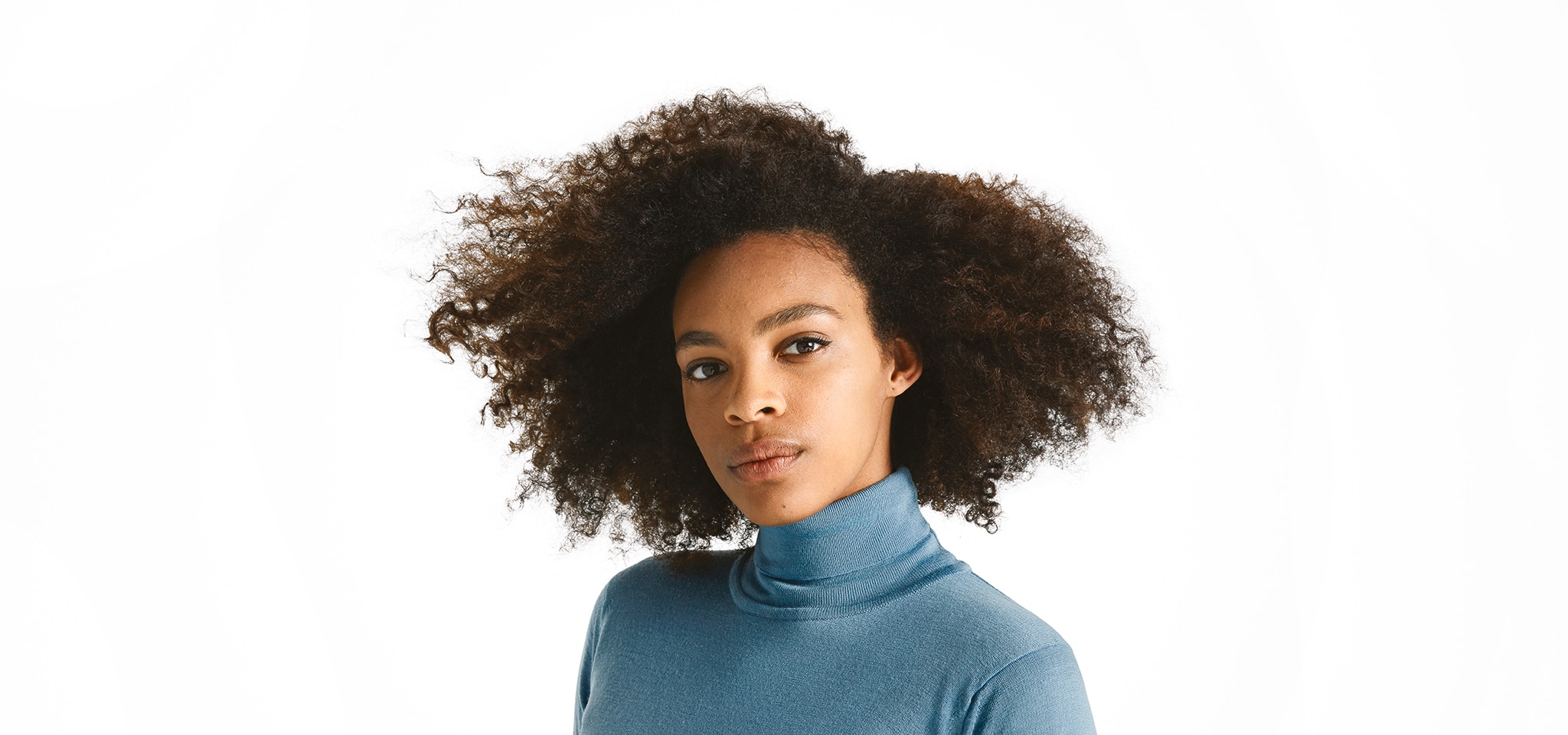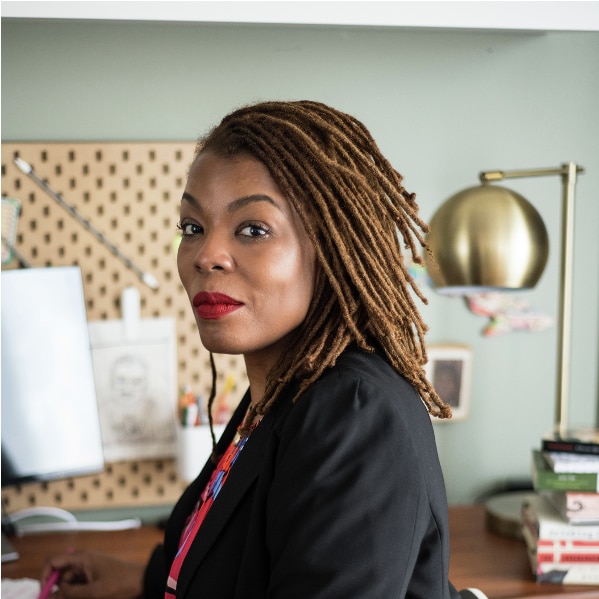The movement is gathering pace. Other companies and schools are also signing up to the code, strengthening the campaign to make it illegal to discriminate against Black people for their hair texture in the UK. According to the 2010 Equalities Act, organisations have a statutory responsibility not to discriminate against people due to their race. While this should extend to protection against hair discrimination, race is divided into ‘colour’, ‘nationality’ and ‘ethnic or national origins’. Hair, one of the primary signifiers of racialised ‘Blackness’ is not mentioned. I am advocating for an amendment of this act so that hair is explicitly named alongside colour, to prevent the ongoing discrimination experienced by people of African descent due to the characteristics of their hair.
Black people are still subjected to Eurocentric standards that dictate not only what is beautiful, but what is acceptable. For as long as I can remember my hair was treated like a problem that needed to be managed. While this was a message I internalised, it was one that had an external origin. The world around me communicated to me, in no uncertain terms, that my hair was something to be ashamed of. That it was embarrassing and unacceptable and that it needed to either be transformed to resemble European hair, or hidden away entirely. Throughout my life, family, friends, boys, the media, school, jobs; the message was consistent and I learned the lesson well.
It took me a long time to deprogramme from all this. It was only as an adult that I finally built up the courage to allow myself to be myself. To do the thing that remains uncontroversial for all other groups of people – to let my hair grow as it does naturally from my head, and to wear it in styles that worked with its natural texture, rather than ones that worked against it, damaging it in the process.
But hair bias is real, and the decision to go natural is often only the beginning of what can be a difficult journey. Research carried out in 2020 by Dove had some staggering results: 89% of Black adults have had people ask to touch their hair or touch their hair without asking. 1 in 4 Black adults have been sent home from work because of their natural hair.
As well as the workplace, schools have been a key place where this type of discrimination is experienced. This is a real problem – and children as young as five have been affected. Research by Dove shows that over half (51%) of those between 11 and 18 years old, said they had been sent home from school for wearing their hair naturally and it’s having a big impact on children’s self-esteem, causing over half (58%) to change or alter the appearance of their hair in order to conform to what are considered ‘normal’ standards of beauty. In England, Black pupils are disproportionately hit with fixed-term exclusions – by three times as many in some places. Students of African descent have higher temporary exclusion rates in two-thirds of local authority areas, according to analysis from the House of Commons library.
Hair remains a common reason for the exclusion of Black children.
In certain schools, everything from afros, to locs, to braids, and low haircuts have been banned, effectively leaving Black people between a rock and a hard place when it comes to what we’re supposed to do with our hair. Irene Ogunseitan assistant principal at Harris Aspire, Croydon, South London says: “I have seen in schools when parents have had their child's hair cut low, they thought they were getting their child school ready, and that child ends up in an isolation unit”.
What can you do?
1. Adopt the Halo Code in your workplace and school
2. Sign the Change.Org petition
3. ‘Slay the stigma’ by helping drive awareness and action on this issue
It’s 2021. Hair discrimination has no place in the UK today.

